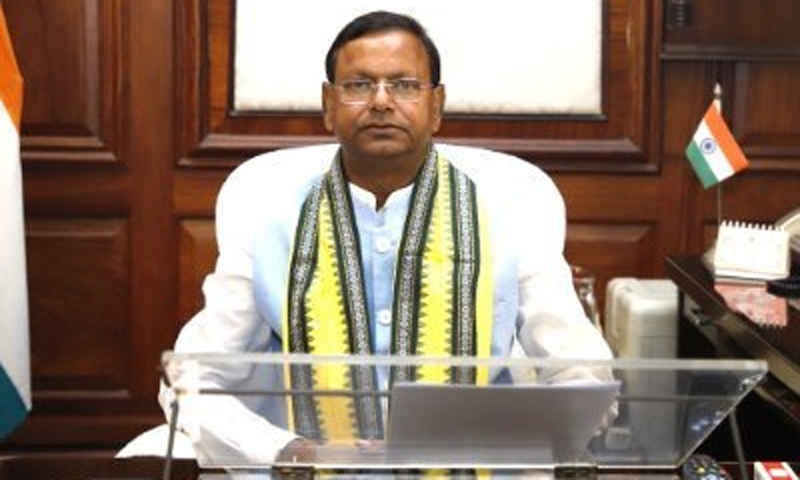Fiji Sets Ambitious Climate Finance Goals: A New Strategy for a Resilient Future

Suva, Fiji – In a landmark address to Parliament, Minister for Environment and Climate Change, Mosese Bulitavu, has unveiled a comprehensive and ambitious climate finance strategy for Fiji. The strategy aims to unlock significant funding from both domestic and international sources, marking a pivotal shift in the nation's approach to climate resilience and sustainable development.
Minister Bulitavu emphasized the urgent need for Fiji to “chart a bold new course” in securing climate finance. With the country facing escalating threats from rising sea levels, extreme weather events, and changing climate patterns, accessing adequate financial resources is paramount to protecting communities, infrastructure, and vital ecosystems.
A Two-Pronged Approach: Domestic and International Funding
The new strategy adopts a two-pronged approach, recognizing the importance of diversifying funding sources. Firstly, it focuses on strengthening domestic resource mobilization. This includes exploring innovative financing mechanisms such as green bonds, carbon pricing, and public-private partnerships to generate revenue dedicated to climate action. The government is committed to creating a favorable investment climate that attracts both local and foreign investors to support sustainable projects.
Secondly, the strategy prioritizes securing increased international climate finance. Fiji, as a vulnerable small island developing state (SIDS), is acutely aware of the global commitment to provide developed countries with $100 billion annually for climate action. The government will actively engage with international partners, including multilateral development banks, climate funds, and bilateral donors, to advocate for increased and predictable financial support tailored to Fiji's specific needs.
Key Pillars of the Climate Finance Strategy
- Enhanced Access to Climate Funds: Streamlining application processes and building capacity within government agencies to effectively access and manage climate funds.
- Catalyzing Private Sector Investment: Creating incentives and de-risking mechanisms to encourage private sector participation in climate-resilient infrastructure and renewable energy projects.
- Strengthening Domestic Financial Institutions: Supporting the development of local financial institutions that can provide loans and other financial services for climate-related initiatives.
- Promoting Green and Sustainable Investments: Encouraging investments in sectors such as renewable energy, sustainable agriculture, and eco-tourism.
- Building Climate Resilience in Vulnerable Communities: Directing financial resources to support adaptation measures in coastal areas and other vulnerable regions.
A Call for Collaboration and Partnership
Minister Bulitavu underscored that the successful implementation of this strategy requires strong collaboration and partnership among government agencies, civil society organizations, the private sector, and international partners. He expressed confidence that by working together, Fiji can overcome the financial barriers to climate action and build a more resilient and sustainable future for all Fijians.
The announcement has been met with widespread praise from environmental groups and development partners, who recognize the importance of a clear and ambitious climate finance strategy for Fiji’s long-term prosperity and resilience in the face of climate change. The government plans to release a detailed implementation plan in the coming weeks, outlining specific targets, timelines, and indicators for tracking progress.





